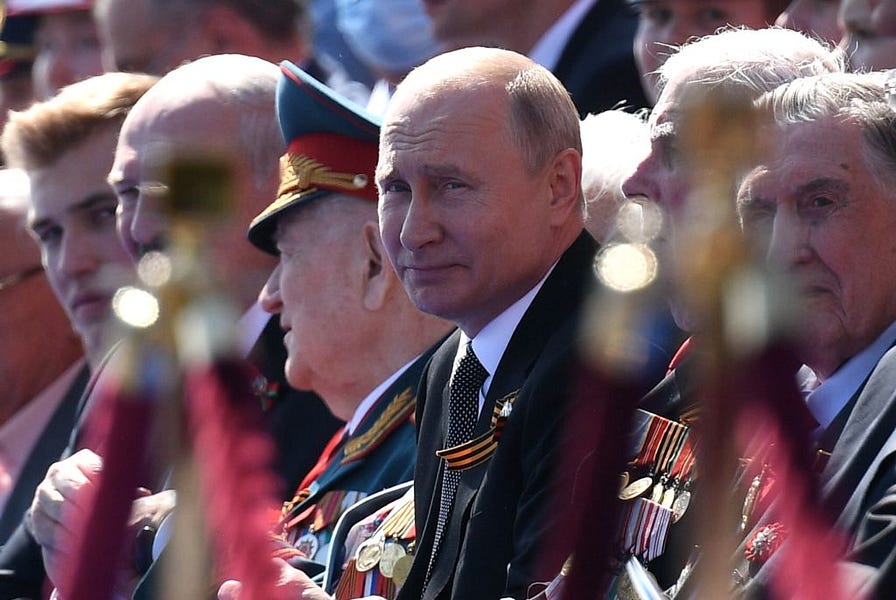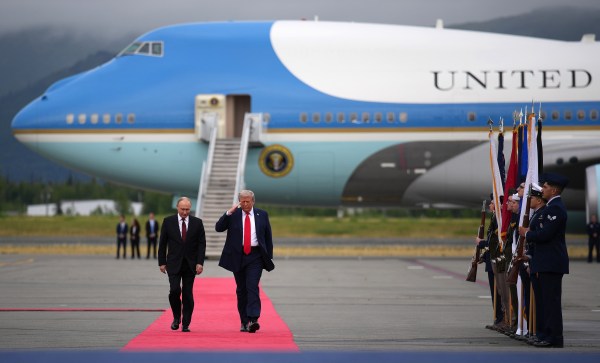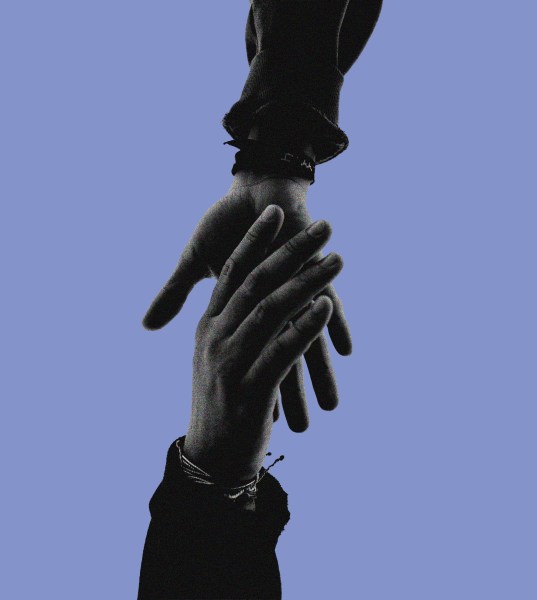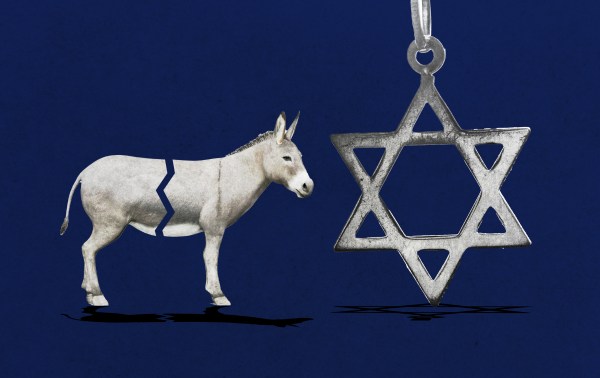It’s hard to pick up a foreign policy journal or even turn on the TV without encountering someone predicting, recommending, or lamenting a “new Cold War” with Russia, China, or both.
This is entirely understandable and even justifiable, if you mean a new period of strategic competition, pressure and geopolitical tension that falls short of all-out war. Such a lower-case “cold war” is already on display.
The U.S. and our allies are doing nearly everything short of declaring a “hot war” on Russia for its immoral aggression against Ukraine. Things are not so tense with China, but there’s a broad consensus, particularly among Republicans, that “containing” China—to use a Cold War term—should become central to American foreign policy. And even many who disagree believe we are entering a new “Cold War” with China whether we want one or not. After all, sometimes wars, cold or hot, are not wars of choice.
I agree that new cold wars with Russia and China are simultaneously necessary and not necessarily desirable. But I worry that the semantic confusion of the historic Cold War and this new cold war could get us into trouble. George Orwell observed in “Politics and the English Language” that “if thought corrupts language, language can also corrupt thought. A bad usage can spread by tradition and imitation, even among people who should and do know better.”
The Cold War was wholly a creature of its time. Indeed, as Orwell himself observed in his 1945 essay “You and the Atom Bomb,” our conflict with the Soviet Union was a product of the nuclear age, and he predicted that nuclear weapons would make the kind of war that had just concluded a few months earlier unlikely.
The fear of nuclear war still constrains our actions—and I hope our adversaries’—but the differences between the Cold War era and today are profound.
To start, the Cold War was not a time of sustained peace. The Korean and Vietnam wars were part of the Cold War, as were the Soviet invasions of Hungary, Czechoslovakia, and Afghanistan. It was very easy to cut off economic relations with the Soviet Union, because we had so few to begin with. The same holds to a large extent with contemporary Russia, which may be a nuclear superpower but is an economic piker. Its GDP is less than half of California’s (Russia’s per capita GDP is an eighth of California’s).
Meanwhile, China is the world’s second-largest economy and a global manufacturing powerhouse. Any expectation that the U.S. and the international community would sever ties with China over a Taiwan invasion the way they have over Russia’s invasion of Ukraine seems overly optimistic. China crushed democracy in Hong Kong and is putting Uyghurs in concentration camps, and the international business community has for the most part shrugged.
The Soviets vowed to “liberate” the world from capitalism, “bourgeois” democracy, and religion. That kind of ideology made it comparatively easy to garner political support for containment—yet even then, there was ample domestic and international opposition to America’s anti-communist policies.
Indeed, “under God” was officially inserted into the Pledge of Allegiance to differentiate America from the “godless Communists.” When Sen. Homer Ferguson, R-Mich., introduced the legislation, he said, “I believe this modification of the pledge is important because it highlights one of the real fundamental differences between the free world and the Communist world, namely belief in God.”
No one in the House or Senate spoke in opposition to the change.
For good or ill, it seems implausible anything like that would be possible today. Religion no longer binds the nation the same way and our domestic culture wars—whether over COVID-19 pandemic response or school curricula or Vladimir Putin as anti-woke hero—do not seem very compatible with a new cold war. And freedom itself is no longer the rallying cry it once was on either the left or the right.
Orwell argued that some phrases come to us like parts of a “prefabricated hen-house” and end up doing our thinking for us. We may indeed face a new cold war, but we need fresh thinking that doesn’t necessarily flow from old phrases like “Cold War.”







Please note that we at The Dispatch hold ourselves, our work, and our commenters to a higher standard than other places on the internet. We welcome comments that foster genuine debate or discussion—including comments critical of us or our work—but responses that include ad hominem attacks on fellow Dispatch members or are intended to stoke fear and anger may be moderated.
With your membership, you only have the ability to comment on The Morning Dispatch articles. Consider upgrading to join the conversation everywhere.